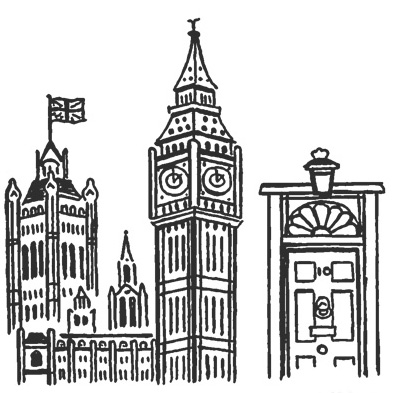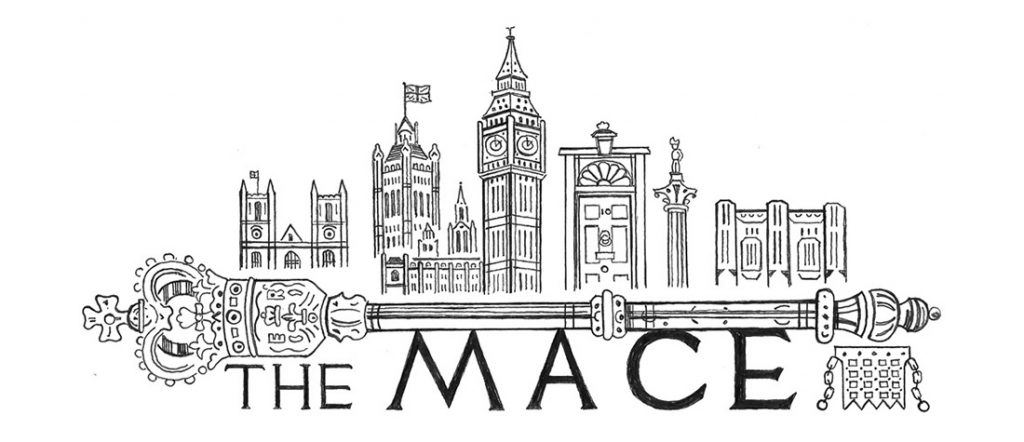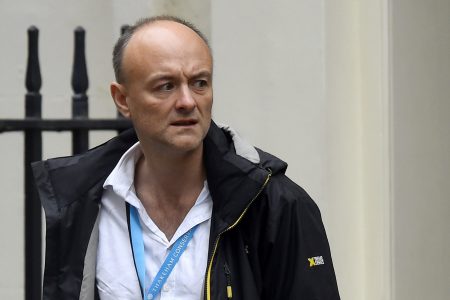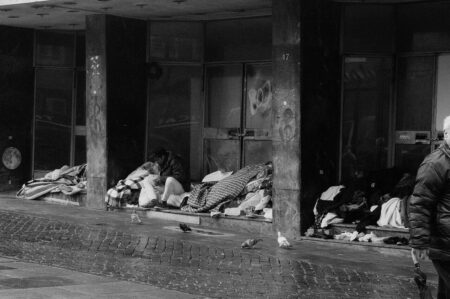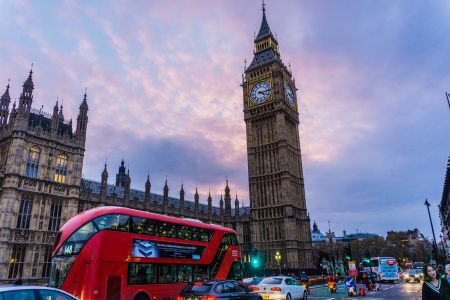While TV viewers of the BBC Parliament Channel and PMQs have become accustomed to the site of a half empty chamber, away from Westminster another traditional element of political life is even emptier: the in-person constituency surgery.
But will the MP’s surgery – at least as MPs have known it for over 50 years – survive Covid? It’s one of the questions widely being asked on MP WhatsApp groups.
New methods for maintaining contact with constituents have had to be adopted, whether they be digitizing the process or engaging with student constituents through Zoom. The latter has been integral to the work of The Politics Project, an organisation I used to work for, that has been connecting MPs with the young people they represent since 2017. Previously, dividing one’s time between constituency and Westminster was effectively mandatory. But now, many MPs are entirely constituency-based, with many still dialling into Westminster via video link.
As MPs can tune into parliament by video link so too can they hold their constituency surgeries. The transition for hundreds of MPs to video surgeries has made constituent engagement a considerably swifter process. But will this be a lasting change?
The crisis has accelerated change that was already in the works. During a debate discussing modernising the House of Commons’ practices in 2000, Conservative MP Eric Forth lambasted a growing trend amongst his colleagues:
“[O]ne can already feel the pressure of hon. Members who resent having to stay here as late as 7 o’clock on a Thursday evening and are champing at the bit to get back to their constituencies and to do undoubtedly important things there. Equally, we know that some hon. Members do not even come to Westminster until late on a Monday.”
Westminster watchers aware of the Parliamentary week’s rhythms will already know that what Mr Forth feared has very much become reality. MPs routine consists of spending Monday afternoon to Thursday afternoon in Parliament and the rest of the week in their constituencies.
The embodiment of time spent in the constituency is the ‘surgery’, wherein MPs will set up shop in a church hall, library or minibus and deal with the concerns of their constituents. Surgeries take place for near-all MPs on a weekly basis and are seen as integral to their work, with even Prime Ministers continuing to make time for them.
The MP surgery emerged following the Second World War, a period in which new allowances granted to MPs allowed those without significant personal finances to employ staff that worked on constituent issues. Despite this, during the 1950s and 1960s an MP would receive an average of 12 to 15 letters per week and field much less casework from constituents than an MP does in 2020.
In the time of COVID-19, when digital communication is often the only touchpoint for constituents, the average MP receives hundreds of emails per day. 117 MPs surveyed by The Guardian regarding how constituents had responded to the furore over Dominic Cummings’s Durham visit in May 2020 said they received 31,738 emails between each other in the space of a week.
It is easy to forget that there was a time when MPs were not reachable by email. The extent to which the internet completely changed Parliamentarians lives must therefore be emphasised. As late as 2000 a report by Lord Tyrie for the Centre for Policy Studies put forward the idea that “MPs have a new job [dedicating considerable time to their constituencies.] It will grow further with on-line political participation and ‘e-democracy’.”
Lord Tyrie’s word, in 2020, look like an understatement. The advent of social media made MPs so reachable that a process which once required writing a letter and waiting for a response was reduced to being able to tweet your MP and have them respond in lieu – sometimes with less than savoury results.
The internet has also provided an easily accessible space for the non-politically engaged to reach out to their MPs during the pandemic. Speaking on a Commonwealth Parliamentary Association UK webinar in June 2020, Labour MP Dawn Butler said before COVID-19 she “never used to respond on social media to issues or concerns…[but] I’ve realised I have to”, adding that she had seen an uptake in correspondence from constituents that she would never previously have seen reach out to her such as businesses owners.
MPs like Conservative Paul Holmes were responding to nearly 300 enquiries a day during the height of the first lockdown, resulting in his team working on average between 6am to 1am every day to get through constituency correspondence.
Notably, the pandemic brought an end to Holmes’s use of the ‘village hall’ style of surgery. Whilst he has had several in-person surgeries following COVID guidelines since March 2020, he is of the belief that the days of the weekly in-person surgery may not return post-pandemic.
“Although the surgery is a good thing and you want to be good to constituents, there’s no reason to have the four-hour village hall booking”, he said in an interview with Mace, adding that the efficiency of video conferencing that provided face-to-face contact was “much more efficient”.
The question that emerges is whether life after the pandemic will result in the surgery playing a lesser or different role than it previously has in how MPs keep in touch with their constituents. Many MPs – including Paul Holmes and Dawn Butler – have adopted less strenuous and time consuming virtual surgeries. These may very well prove the future in a post-COVID world in which many practices done face-to-face have had their relative inefficiency thrust to the forefront.
We can only hope, however, that they avoid reverting to the norms of Sir Winston Churchill, whose returns to his constituency of Epping (later Woodford) were limited to “occasional summer fetes”.
Josh Dell is a writer based in London. His work has been published in Vice, CityMetric and The Sunday Times.

